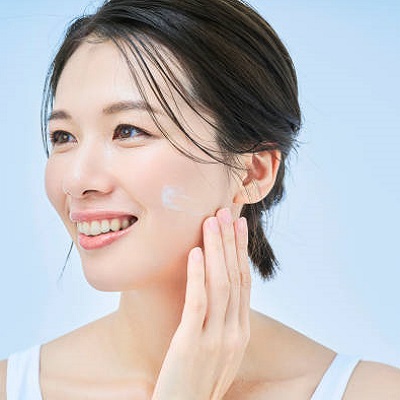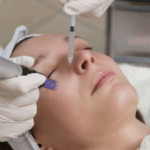In recent years, the trend of skin whitening has become increasingly prominent in Islamabad, reflecting deep-rooted beauty standards that extend across South Asian cultures. In a society where fair skin is often idealized, individuals from various age groups are exploring ways to lighten their skin tone in hopes of aligning with these social ideals. As this trend grows, it invites an important conversation about beauty, self-perception, and the need for informed, healthy choices.
Cultural Roots and Modern Pressures
The preference for fair skin is not a new phenomenon. It is embedded in centuries of cultural beliefs, often tied to ideas of class, purity, and status. In many traditional stories, songs, and folklore, fair skin is portrayed as beautiful and desirable. While these ideas may seem outdated, they continue to influence modern attitudes—especially in urban centers like Islamabad, where traditional values blend with modern lifestyles.
In today’s digital world, social media platforms have amplified these pressures. Filtered images, influencer content, and celebrity endorsements often showcase idealized versions of beauty, which usually include lighter skin. As a result, young people in Islamabad, particularly women, may feel pressured to alter their appearance to match these filtered standards. This creates a cycle where appearance becomes linked to self-worth, acceptance, and even professional opportunities.
Popular Skin Whitening Practices
There are various methods used by people seeking skin whitening in Islamabad. These include topical products, lifestyle changes, and natural remedies. Let’s take a closer look:
-
Topical Products: Skin-whitening creams and serums are among the most commonly used products. Many of these contain ingredients like glutathione, vitamin C, niacinamide, licorice extract, and kojic acid, which help reduce melanin production and lighten dark spots over time.
-
Natural Remedies: In many households, homemade masks using turmeric, gram flour, honey, and lemon juice are part of beauty routines passed down through generations. While not medically proven to dramatically change skin tone, these remedies can improve texture and provide a natural glow.
-
Lifestyle Adjustments: Maintaining a healthy lifestyle significantly impacts skin appearance. A balanced diet rich in antioxidants, proper hydration, regular exercise, and sufficient sleep all contribute to clearer, brighter skin. Many people underestimate the effect of overall wellness on skin tone and radiance.
Importance of Sun Protection
One of the most overlooked but essential aspects of skin care is protection from the sun. Islamabad experiences strong sun exposure throughout much of the year, which can result in tanning, pigmentation, and premature aging if the skin is not adequately protected.
Sunscreen with a high SPF, wide-brimmed hats, and UV-protective clothing are simple yet effective ways to prevent sun damage. Avoiding prolonged exposure to harsh sunlight, especially during peak hours, is also advised. Preventive care plays a major role in keeping the skin tone even and healthy without the need for aggressive treatments.
The Psychological Angle
It’s important to approach the subject of skin whitening with sensitivity. The desire for lighter skin is often linked to deeper psychological and social issues, including low self-esteem, internalized beauty standards, and even discrimination based on skin tone—a phenomenon known as colorism.
In Islamabad, as in many parts of the world, people with darker skin tones can sometimes face biases that affect their confidence and social standing. This leads many to believe that changing their appearance will improve their quality of life. However, this belief overlooks the importance of self-acceptance and challenges the idea that beauty should be defined by skin color alone.
More awareness is now being raised through social movements and conversations that emphasize embracing natural beauty and challenging the narrative that lighter skin equals better. Encouraging people to love and care for their skin regardless of shade is a step toward a healthier and more inclusive society.
Skin Health Over Skin Color
While the trend of skin whitening continues to grow, there is a parallel shift toward prioritizing skin health over skin color. Glowing, even-toned skin that is well cared for is universally admired, regardless of how fair or dark it is.
In Islamabad’s dry climate, issues like dullness, dehydration, and pigmentation are common. Instead of focusing solely on lightening the skin, more people are now exploring routines that emphasize hydration, exfoliation, nourishment, and protection.
The increasing availability of skincare education through blogs, social media, and wellness content is also helping to change perceptions. People are learning that healthy skin is achievable at any tone—and that embracing one’s natural complexion is not just a trend, but a mindset.
Final Thoughts
The skin-whitening trend in Islamabad reflects a complex mix of cultural history, modern beauty standards, and personal aspirations. While many continue to pursue lighter skin for various reasons, it is crucial to approach this pursuit with awareness, care, and a focus on long-term health.




